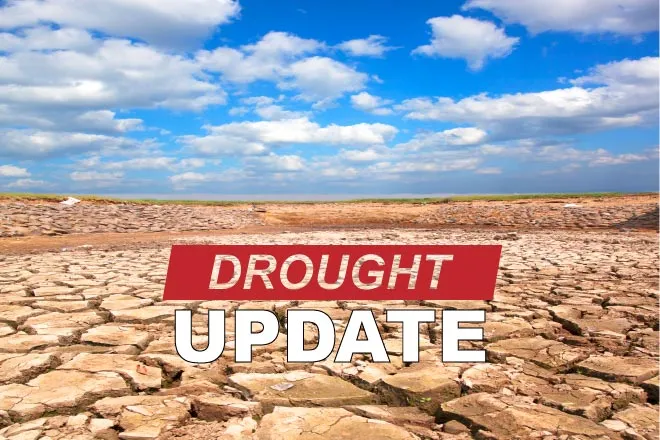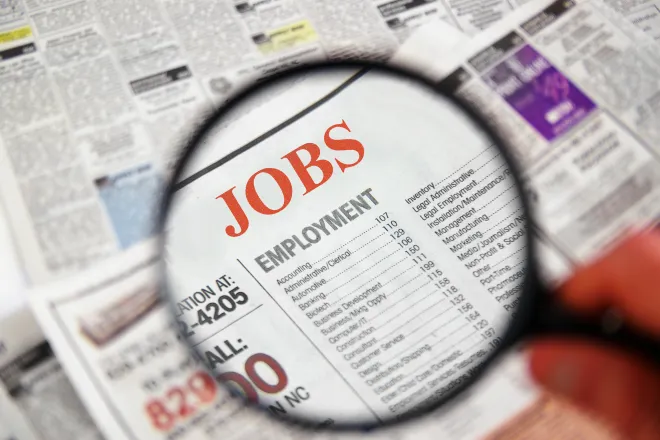
EarthTalk - What’s being done to get more minorities into green jobs?
©
Dear EarthTalk:
What’s being done to get more minorities into green jobs?
Sam W., via email
Green jobs—those that directly contribute to a sustainable environment—have been growing in need as the world has become more eco-focused. According to the Solar Energies Industries Association (SEIA), between 2014 and 2019 employment in the solar energy sector increased five times faster than job growth in the general U.S. economy.
© iStock - Rawpixel
Despite this, there is still more to be done to improve workforce diversity. The National Renewable Energy Laboratory reported that 69 percent of the wind energy work force is white, and SEIA found that its workforce is 73 percent white. There is a clear lack of diversity in the green jobs workforce, often due to an underrepresentation of minorities trained in leadership roles, wage gaps unequal hiring practices. Lucky, there are a few ways green companies can address this problem.
The first solution to this problem is advancing access to training and degrees required for green jobs. Engineering jobs require bachelor’s degrees, but in 2022 only a quarter of engineering bachelor’s degrees were earned by women, and in 2018 only 4.6 percent were earned by Black people. “Despite the efforts of many ... within the formal educational system, education for a just and sustainable world is not a high priority,” explains Anthony D. Cortese in his report The Critical Role of Higher Education in Creating a Sustainable Future. In order to create a more diverse workforce, companies should offer financial aid for higher education and create real-life, research experiences designated for women and people of color.
Jobs that do not require degrees, such as repair, maintenance and construction, are covered by unions, though while unions generally protect workers’ rights and improve working conditions, they have a history of being exclusionary. “I understand that in the United States the same corporations that have been destroying the planet have collaborated to make it so that most American workers no longer have good, unionized jobs,” says Jane McAlevey, author and senior policy fellow at the University of California Berkeley’s Labor Center. Unions can implement new programs and policies, such as mentorship programs, to increase minority representation and improve worker skills. Another strategy is to create programs specifically for women and people of color that provide career development and financial support for transportation, uniforms or food.
Interested in taking action? Support companies that have inclusive hiring practices and educate your community about the need for diversity in the green job workforce.
CONTACTS
- Unequal Opportunities: Examining Quality and Diversity in Green Jobs, jff.org/idea/climate-resilient-employees-sustainable-tomorrow-crest/unequal-opportunities-examining-quality-and-diversity-in-green-jobs/.
EarthTalk® is produced by Roddy Scheer & Doug Moss for the 501(c)3 nonprofit EarthTalk. See more athttps://emagazine.com. To donate, visit https://earthtalk.org. Send questions to: question@earthtalk.org.
















